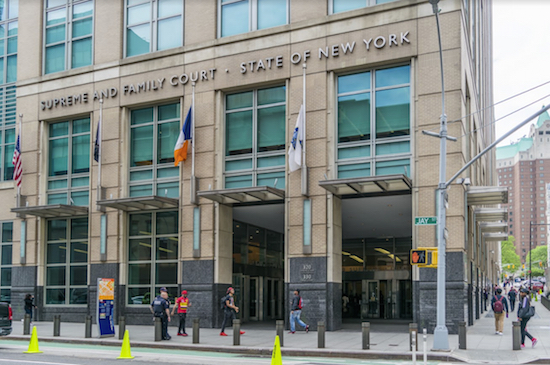Charges dismissed for man now barred from collecting cash in controversial rape case

Seven years after a Crown Heights man’s charges were dismissed after spending 10 months on Rikers Island for repeatedly raping and sex trafficking his Orthodox Jewish neighbor, a Brooklyn judge tossed his civil rights lawsuit.
Damien Crooks and four others, all black men, were accused in 2010 by a 22-year-old woman of beating, raping and prostituting her for several years.
As prosecutors reinvestigated the woman’s claims, she signed a recantation document with detectives where she admitted to forming a bond with her alleged captures — known as traumatic bonding — and had consensual sex with Crooks. Under pressure from the police to continue to press charges or get arrested for prostitution, the case continued, according to court documents.

Brooklyn Boro
View MoreNew York City’s most populous borough, Brooklyn, is home to nearly 2.6 million residents. If Brooklyn were an independent city it would be the fourth largest city in the United States. While Brooklyn has become the epitome of ‘cool and hip’ in recent years, for those that were born here, raised families here and improved communities over the years, Brooklyn has never been ‘uncool’.